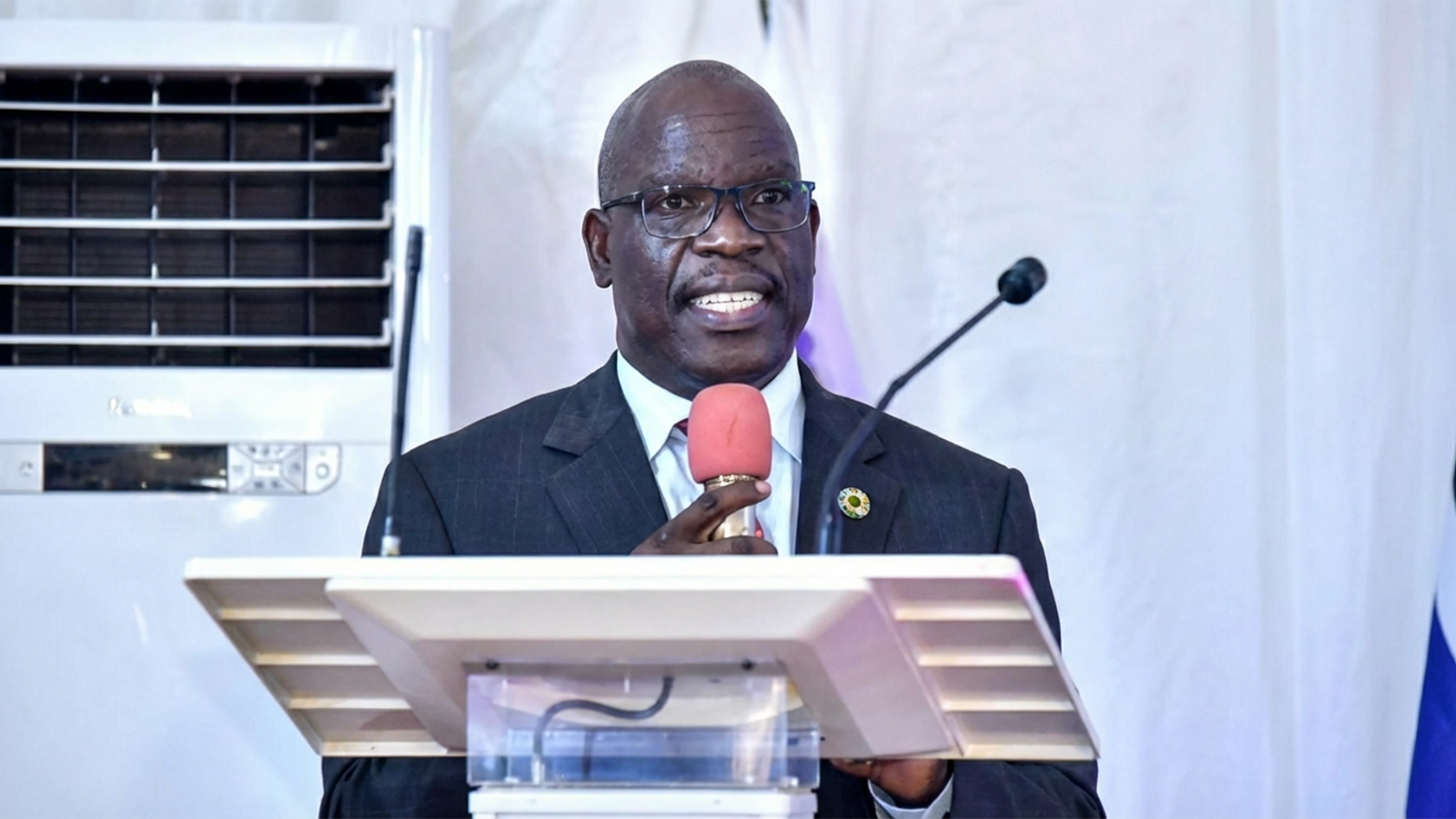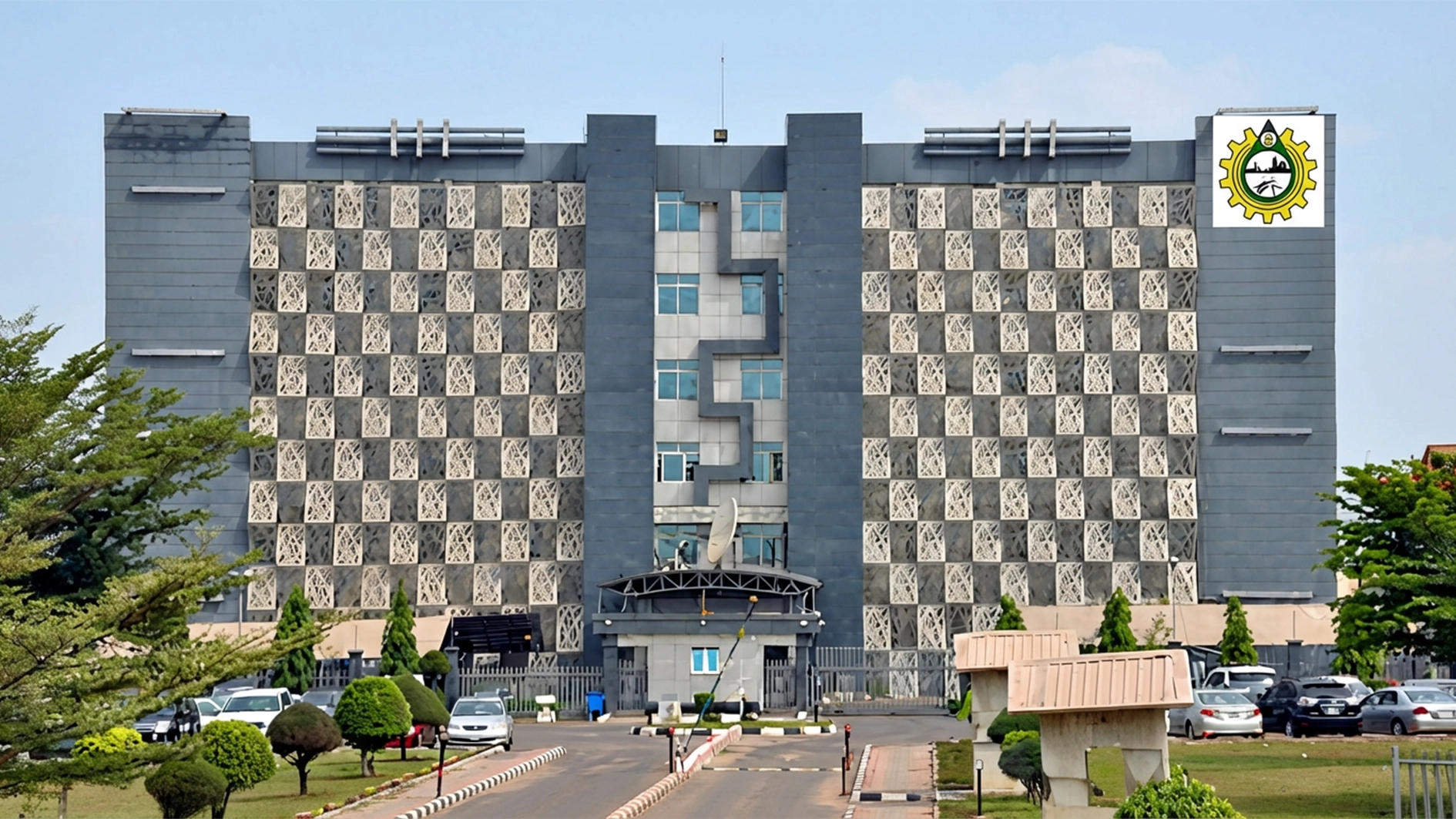•Policy Alert urges oil states to explain N171.2billion refund
As the debate on benefits from oil and gas resources continue in Nigeria, some stakeholders have insisted that it was high time transparency and disclosure are enforced in the administration of the 13 per cent derivation by state governments.
The 13 per cent derivation is paid to oil-producing areas as part of a benefits transfer scheme for the resources extracted from the state.
Reportedly, eight states are currently benefiting from the scheme. The eight oil-producing states had received N6.589 trillion from the federation account under the 13 per cent derivation principle, between 2009 and 2019. Sadly, there has been little or nothing to show for such allocation in beneficiary states as agitations for benefits continue among the people directly impacted by oil production.
A civil society organisation, Policy Alert, told The Guardian that it was high time for the narrative around the scheme to change.
Experts at the organisation insisted that most sub-national governments in the country have been struggling with funding, with many in a debt crisis despite benefit transfers.
The Executive Director of Policy Alert, Tijah Bolton-Akpan insisted that transparency is important for the states since it would open up revenue sources and spending priorities to interrogation by the citizens on whose behalf the states are doing the spending.
“For states receiving derivation payments, transparency is even more key, given the history of state governors’ management of these funds. That way, the temptation to yield to corruption risks are reduced, wasteful spending is curtailed and oil-producing communities have a greater chance of getting these funds to work in their interest,” Bolton-Akpan said.
The CSO had accused the Akwa Ibom Governor, Udom Emmanuel of failing to disclose the N171.2 billion derivation refund his administration received from the Federal Government after a Federal High Court, in June, ordered the government to pay over $3.3 billion to Rivers and Akwa Ibom States as a share of recalculated oil derivation revenue.
Bolton-Akpan said the non-disclosure of the fund to the public leaves a huge gap in transparency.
“We are delighted that the Federal Government has obliged to the refund ruling. This development explains why the State government recently reviewed its expected revenue on exceptional income; 13 per cent derivation revenue arrears from N61.1 billion to N193 billion which is a 315.9 percent increase.
“However, Akwa Ibom people were not informed about this development during the presentation of the supplementary budget even after the state had received the fund.
“This leaves a huge gap in transparency. We were disappointed that the Governor’s 2022 budget speech was silent on this development when he reviewed the performance of the 2021 budget, especially given that N137.9 billion refunds from the Federation Account were proposed as capital receipts,” Bolton-Akpan said.
Former President of Nigerian Association for Energy Economics (NAEE), Prof. Wunmi Iledare, also said transparency remained elusive in Niger Delta Development Commission as well as the 13 per cent benefit transfer scheme to oil-producing states.
Iledare, although noted that the 13 per cent derivation remained noble and laudable as a form of royalty, in a sense for mineral owners conceptually, the fund, unfortunately, became susceptible to being hijacked for political expediency rather than meeting the needs of the mineral owners.
“Fast forward and in comparison to the new instrument for the host community, the development fund, the disbursement mechanism for the new fund is very well laid out with guard rails to ensure transparency and accountability.”
“Transparency and accountability remain elusive with respect to NDDC and 13 per cent derivation. The state assembly members in the oil-producing states are not engaged and they tend to have, majorly, Esau’s syndromic mindsets when it comes to the benefits of the derivation fund,” Iledare said.
He noted that there must be a paradigm shift away from political expediency in the use of the Petroleum Derivation fund to using the fund to maximise the social welfare of the producing community in particular and the state in general.
Managing Partner, The Chancery Associates, Emeka Okwuosa, insisted that there was an urgent need to compel the state government to be transparent and accountable in the use of 13 per cent derivation.
“The oil-producing communities in these states must be seen to be enjoying the dividends as oil-producing communities. The 13 per cent must be enjoyed across the board in these states and communities,” Okwuosa said.
According to him, accountability remained key if benefit transfer must get to the citizen, adding that the need to imbibe and incorporate corporate best practices in the oil and gas industry in Nigeria must include holding the state Governments accountable for the derivation.
An energy expert and former adviser at Nigeria Extractive Industries Transparency Initiative (NEITI), Garuba Dauda said extractive revenues face a huge utilisation challenge at both national and subnational levels in Nigeria, stressing that there are far-reaching accountability gaps in the management of oil revenues at both national and subnational levels of government, especially the 13 per cent derivation.






